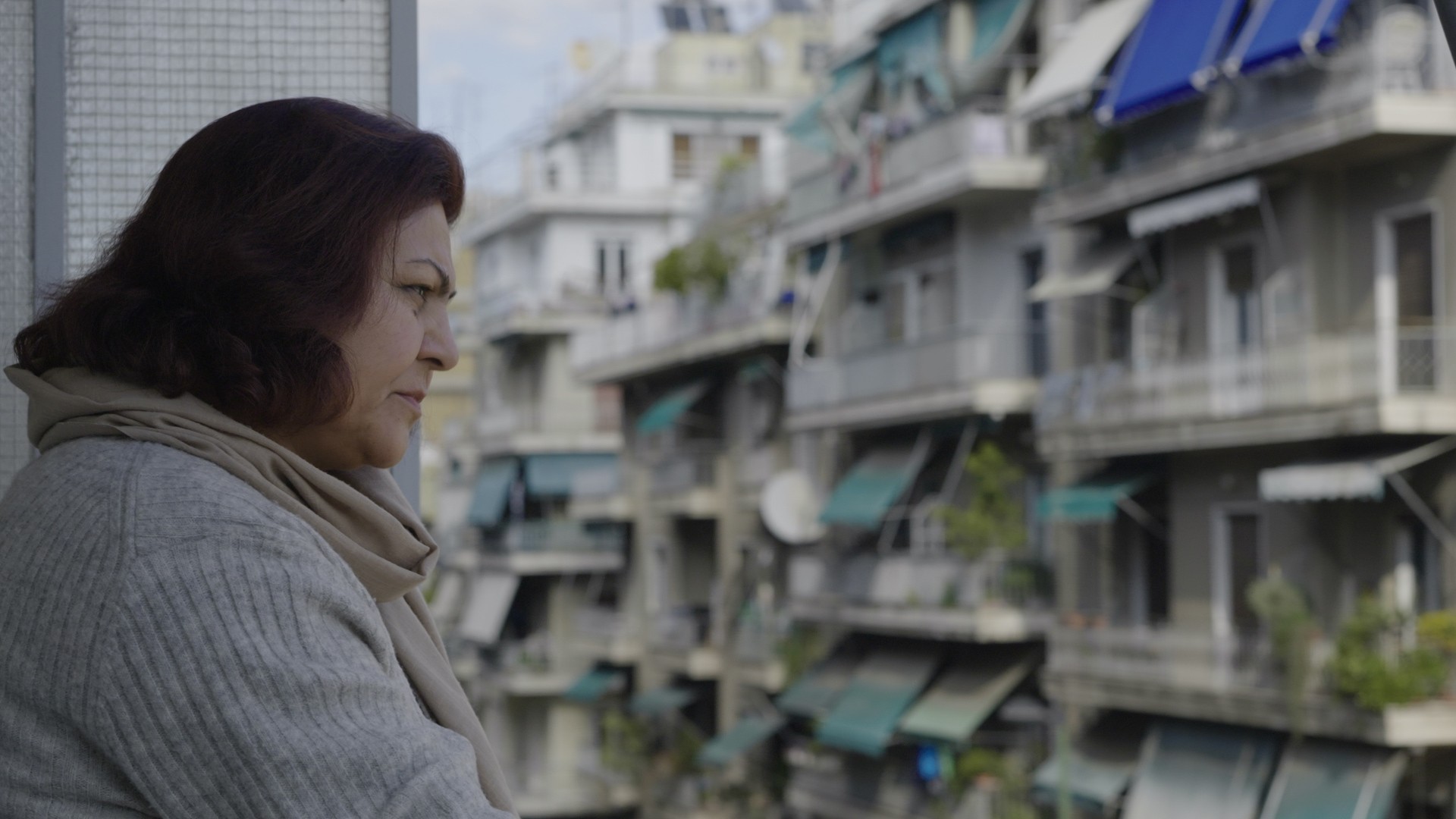PHOTO: AHMAD SAHEL ARMAN/AFP via Getty Images
The Taliban has blocked girls from high school classrooms in Kabul, claiming that their uniforms are inappropriate, despite repeated promises by the Islamist group that every girl in the country would be allowed to go back to school starting Wednesday.Thousands of Afghan girls were turned away from their school gates on Wednesday morning, after the highly anticipated start of the school year. But in a last-minute announcement, the Taliban government announced that it needed to finalise a uniform that is up to “Sharia law and Afghan tradition”.This came despite the fact that all girls attending schools in the ultra-conservative country have a hijab included in their uniforms. The education minister on Monday hinted in a statement that “everyone” would go back to school. But the latest setback by the Taliban has raised suspicions that the school ban has nothing to do with uniforms and everything to do with making sure girls don’t get an education. High-school education for girls has become one of the most hotly contested issues in Afghanistan. Under the 20-year rule of Western-backed governments, the country saw relative progress in urban centres, from almost zero to around 2.5 million girls getting education, according to UNESCO reports. But since the Taliban took over the entire country in August last year, girls’ prospects have rapidly diminished, and girls aged 11 and up have been barred from school.“I have two of my daughters sitting at home for the past 8 months and another who will need to go to high school in a few years,” one frustrated Kabul father of three girls told VICE World News, speaking on condition of anonymity for fear of reprisals. “We knew it won’t be easy with the Taliban, but we tried to hold on to the hopes that they are telling the truth about how they have changed.”“We don’t have anywhere to go, so we have to hope for the best here in Kabul, and now my daughters have lost the best days of their life, just like I did,” their mother said. “My daughters were devastated today,” she added. “They were really excited since it is not just about learning a few lessons, school was a big part of their social life, and now they have lost everything.” The group banned girls from education during their previous rule in the late 90s. Still, some of the organisation’s top brass indicated they would concede on the issue of education for girls, fearing a repeat of the international isolation that led to their fall in 2001 with the US-led invasion of Afghanistan. The country’s terrible rights for women and girls was cited by the US and its allies as motivation for invading.  20 years later, the Taliban took back power after reaching a peace agreement with the US. The Kabul government’s leading figures fled the country, and around 40 million people now live under a Taliban-led alliance, which has not been recognised as the legitimate government by other countries.“At first we were worried that they’ll be left behind academically and that it would be only a temporary measure since the Taliban has told everyone that they have changed and that they accept the very basic equal right of education for everyone,” the anonymous Afghan father told VICE World News.One of the Taliban’s first moves after taking power was to reinstate the Ministry for Propagation of Virtue and Prevention of Vice, a task force working to enforce Islamic values. They put it in the same building as the now-closed Ministry for Women.
20 years later, the Taliban took back power after reaching a peace agreement with the US. The Kabul government’s leading figures fled the country, and around 40 million people now live under a Taliban-led alliance, which has not been recognised as the legitimate government by other countries.“At first we were worried that they’ll be left behind academically and that it would be only a temporary measure since the Taliban has told everyone that they have changed and that they accept the very basic equal right of education for everyone,” the anonymous Afghan father told VICE World News.One of the Taliban’s first moves after taking power was to reinstate the Ministry for Propagation of Virtue and Prevention of Vice, a task force working to enforce Islamic values. They put it in the same building as the now-closed Ministry for Women.
Advertisement
Advertisement
